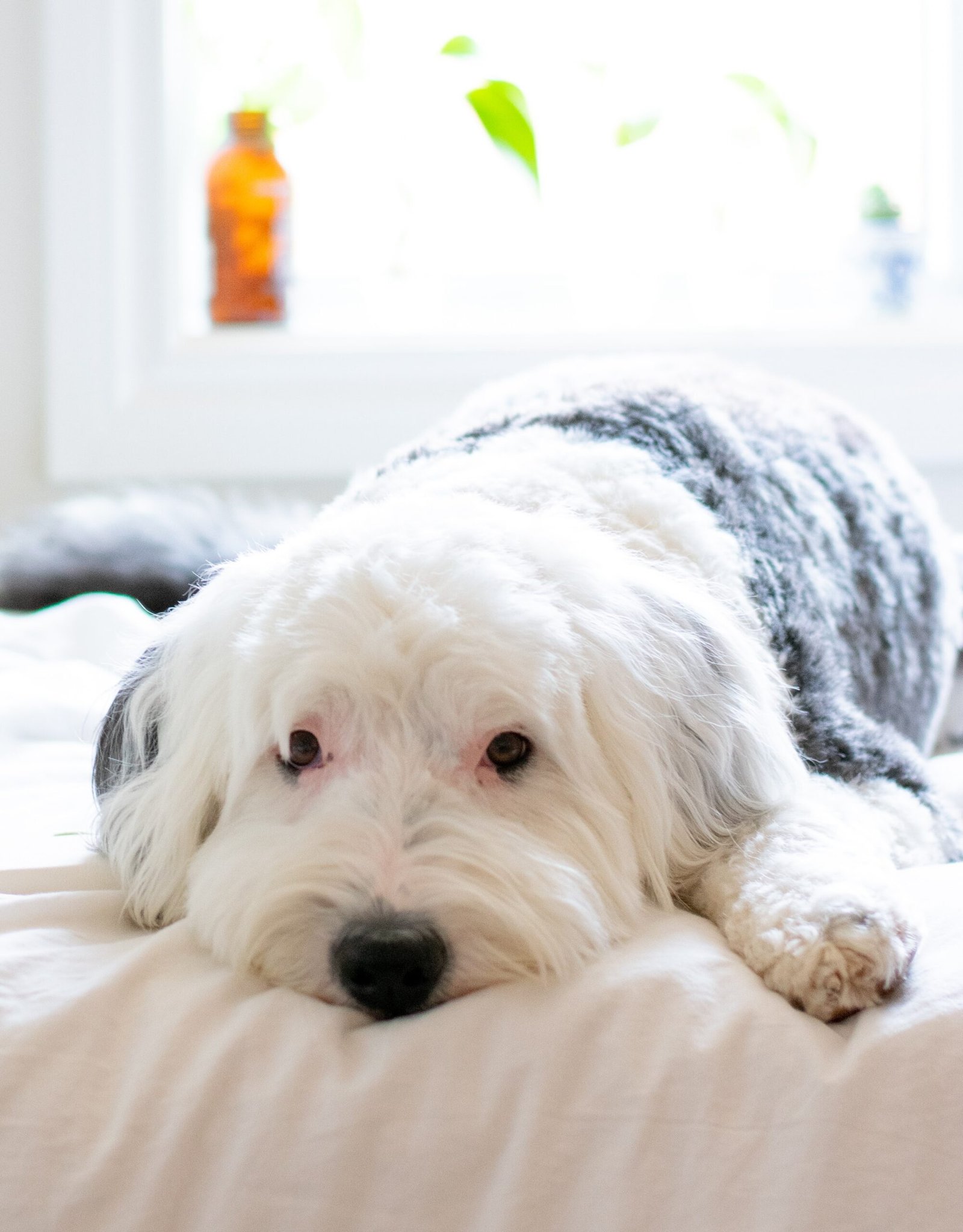
Sheepadoodle 101: Everything There Is To Know About This Giant Ball Of Fluff
These fluffy, low-shedding dogs are a cross between a standard Poodle and a Shetland Sheepdog.
They make wonderful family pets, but it’s important to know what you’re getting into before buying or adopting one. Here’s everything there is to know about these giant balls of fluff!
1. What Is A Sheepadoodle
A Sheepadoodle is a mixed-breed dog, often created by breeding a sheepdog with a poodle. It is said to be good for people who are allergic to dogs because it doesn’t shed much. It is also a Sheepadoodle’s duty to protect its owner and its family. Before getting a Sheepadoodle, you will need to know all the necessary Sheepadoodle Facts so that you don’t have issues with them in the future. Sheepadoodles are categorized as non-allergenic dogs, so they do not cause the same types of allergic reactions which other breeds might cause. And while they still shed, their coats tend to produce less dander than other dog breeds. Since the coat is made up of a combination of curly, coarse sheep’s wool and soft poodle hair, it is also hypoallergenic.
And because they are considered giant dogs, Sheepadoodles require ample amounts of exercise every day in the form of walks or jogs through an area. The average size of a Sheepadoodle is between 80 and 100 pounds. The average height of the breed is about 26 inches.
2. How To Train A Sheepadoodle
They are not always quick learners, so be sure to start training as soon as possible to avoid any behavior problems. Training for this type of dog usually falls under the umbrella of obedience training. The two main types are obedience training and socialization. Obedience training will teach commands or behaviors that are taught through positive reinforcement or rewards for good behavior. Socialization helps to adapt the dog to different environments. This can be done by taking them to different people, animals, and places. Some owners have been known to enroll their Sheepadoodle in training for service dogs, as they are so intelligent and eager to please.
3. The Cost of Owning A Sheepadoodle
One thing that you’ll have to consider if you’re going to get a Sheepadoodle is the cost of a good quality Sheepadoodle. The cost of a high-quality Sheepadoodle can be as high as $5,000. That’s because the dog is worth so much in terms of its quality, health, and appearance. However, some Sheepadoodle breeders offer $500 Sheepadoodles. If you’re looking for a bargain and a cheaper price and do not care about the dog’s background, but rather just having a loving pet, it’s definitely something to consider. As far as food and equipment concerns, a Sheepadoodle can cost as much as the average dog that size.
4. Health concerns for Sheepadoodle
While their fur is hypoallergenic, there are some health concerns for this breed. The majority of Sheepadoodles will be solid white or cream-colored with light brown markings on the head and feet. A few may be merle-coated, which presents additional health concerns. In addition, certain physical characteristics can develop as a result of faults in their breeding. If you’re considering getting a Sheepadoodle for your family, there are some things you should know before deciding to take one home.
Sheepadoodles can suffer from the same illnesses as other middle-sized breeds such as hip dysplasia, epilepsy, and Osteochondritis Dissecans (OCD). Some Sheepadoodle may be born deaf. If you are purchasing a puppy, make sure to ask the breeders about this health concern. Sheepadoodle can also develop eye problems like cataracts and retinal atrophy.
5. Interesting Facts About Sheepadoodles
Some interesting facts about Sheepadoodles are that they are a cross between a purebred Poodle and a purebred Sheepdog. For example, if the Sheepdog is bred with the Standard Poodle, the offspring of this cross will be referred to as Standard Sheepadoodles. If the Miniature Poodle is used then it would be known as Miniature Sheepadoodles. A Toy Poodle used as the Sheepadoodle’s parent breeds would produce a Miniature Sheepadoodle.
6. Why should you get one if you’re thinking about it!
You should get a Sheepadoodle if you are looking for a larger-than-average but extremely cute family pet. They are great with children and other animals, but they need more attention than your average pup or cat! Read on to find out what you need to know about this wonderful dog breed.
Choosing a pet can be a difficult thing, especially for families. But the Sheepadoodle has become increasingly popular over the last couple of years. Sheepadoodles are perfect for families who wish to get an intelligent but kind-natured pet. A Sheepadoodle can be a great addition to your family! Now that you know many things about Sheepadoodles, you should now have enough information to make a wise decision.









